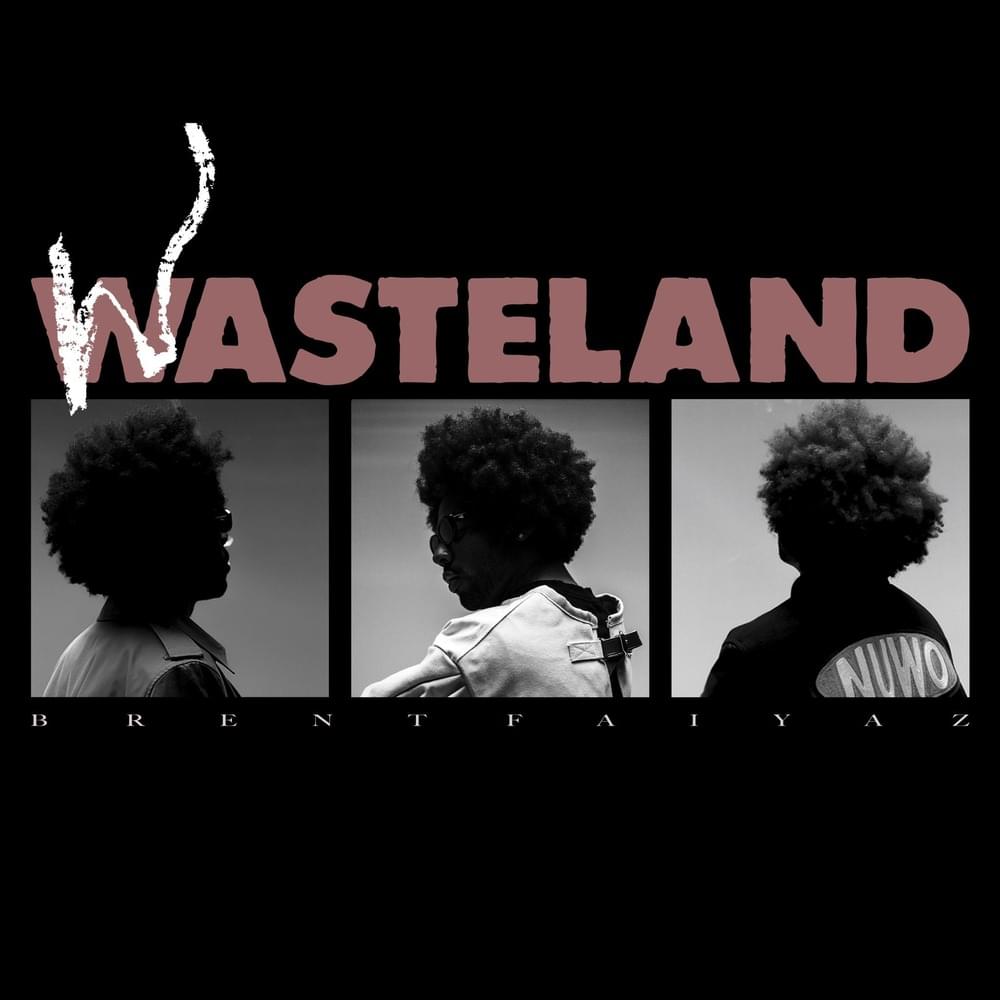In F. Scott Fitzgerald’s novel, The Great Gatsby, Jay Gatsby’s wealth is unable to satisfactorily provide him with the fulfillment of his fantasies. Gatsby, a man born into a lower social class, fell in love with Daisy Fay, a woman of a higher social class. Their love flourished, however, it abruptly ended as Gatsby was sent off to war. Upon his return, he learned that Daisy had entered a marriage with a man named Tom Buchannan, who was of the same “old money” upper class as her. This motivated him to become rich with “new money,” which in the end, still proved not to be enough for him to reclaim Daisy as his own. Instead, his newfound wealth provided him with the false sense of security that with money, he could do anything. This truly was not the case, especially with romance, and this same concept is demonstrated in pop culture by Brent Faiyaz’ song “GHETTO GATSBY.”
“GHETTO GATSBY” opens with Faiyaz apologizing for his lack of communication (assumedly towards a significant other), but then he attempts to justify his actions by saying “flyer than the wind, I’m Gatsby” (Faiyaz 0:27). This immediate introduction directly links us to Fitzgerald’s Gatsby, which is further explained by the next verse as Faiyaz claims he can’t help his faulty reputation, then attempts to justify his actions by interjecting with “but I got models in the Sprinter,” thereby flaunting his cash (Faiyaz 0:40). With this, we can see Faiyaz’ struggle with balancing the social, financial, and romantical aspects of his life, as he seems to thrive financially yet struggle in the other two departments.
Following, Faiyaz remarks “I can’t buy you happiness if you ain’t got it, move you to a new place, still ain’t what you wanted” confirming that he himself has attempted to utilize his wealth in attempt to find the social-romantical-financial equilibrium, yet it failed (Faiyaz 0:43). This truly links Faiyaz and Gatsby, as both men attempted to utilize their financial prosperity to secure romantic relationships, but seemingly both failed and left the men with nobody (romantically) but themselves and their money. Faiyaz continues to try to justify his emptiness by referencing the “models in his Sprinter,” yet even with so much money, he still finds himself alone, emphasized by his claim, “it’s never enough” (Faiyaz 1:16).
After the repeated chorus, Alecia Keys’ verse takes its place, which evidently resembles traits and habits of Daisy Buchannan. As Fitzgerald’s narrative played out, it became apparent that Daisy only reunited with Gatsby for the benefits of his “new money.” Keys takes the same approach in her verse, nonchalantly remarking how someone “blew 300 thousand on [her] yesterday” (Faiyaz 2:54). She boasts about how she has all of these luxuries, yet then proceeds to note that “baby I’m a choosy lover,” which directly correlates with how Daisy received luxuries from Gatsby, then still was a “choosy lover” herself and conclusively did not even end up with him (Faiyaz 3:11).
In the end, Faiyaz’ “GHETTO GATSBY” makes it even more apparent that wealth cannot fulfill romantic emptiness. No matter how glamorous Faiyaz claims his life to be, his depletion of happiness and love will never equate or correlate to his abundance of wealth. Keys’ verse serves to establish the same, as no matter how much money one spends on her, she still owes the provider nothing. Both Faiyaz and Keys ultimately resemble Gatsby’s emptiness despite financial prosperity and Daisy’s manipulative shiftiness, which indicates the both of them as the modernized, “ghetto” Gatsby (and Daisy).
Faiyaz, Brent. “GHETTO GATSBY (feat. Alecia Keys).” Spotify. https://open.spotify.com/track/2krESug6AyfOL07tlaGwts?si=a300630ccda14cc4.
